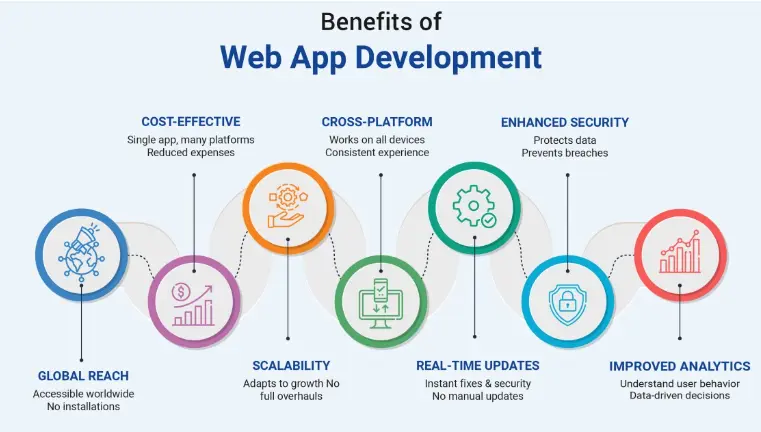A Professional Website Developer is an expert who specializes in creating, building, and maintaining websites with a focus on functionality, design, and user experience. Their role is critical for businesses looking to establish a strong online presence, and they bring a combination of technical and creative skills to the table. In today’s digital-first world, having a website is no longer optional—it’s a necessity. However, many businesses underestimate the importance of professional website development, assuming any online presence will do the trick. Statistics show that 80% of businesses fail without a professionally developed website. From poor user experience to lackluster performance, the absence of expert design and development can lead to business failure. In this article, we’ll explore why professional web development is crucial for business success.
Why 80% of Businesses Fail Without a Professional Website Developer: The Key to Online Success.
0 Comments

Why 80% of Businesses Fail Without a Professional Website Developer: The Key to Online Success. - Techno Particles

Key Responsibilities of a Professional Website Developer:
Website Design and Layout: Developers create visually appealing and user-friendly designs that reflect the brand’s identity while ensuring a positive user experience (UX).Table of Content
Pros
Improved User Experience: A professionally developed website offers seamless navigation, quick load times, and a smooth user experience, which helps in customer retention and conversions.
User Experience (UX) and Design
The user experience is at the heart of a successful website. If a website is difficult to navigate or use, visitors will quickly leave and may never return. Poor Navigation: Professional developers know how to create intuitive navigation structures, guiding users effortlessly through your site. Without clear navigation, users become frustrated and leave.Our Blog
Read Latest News




Leave a comment